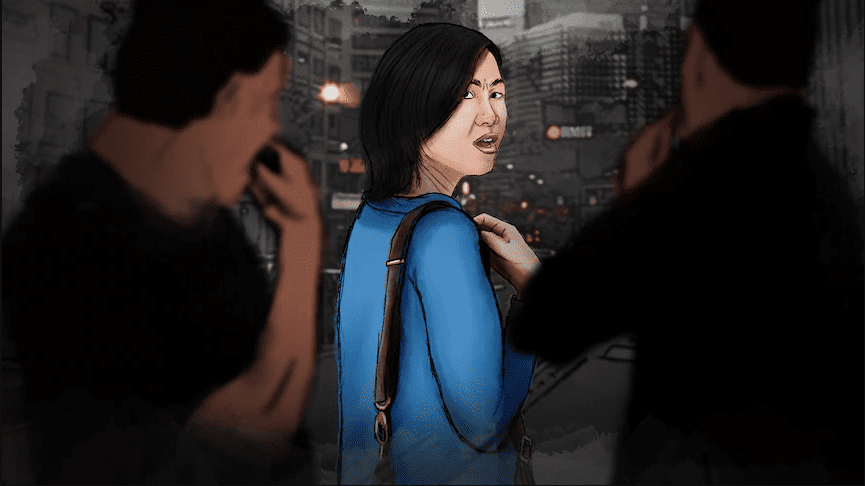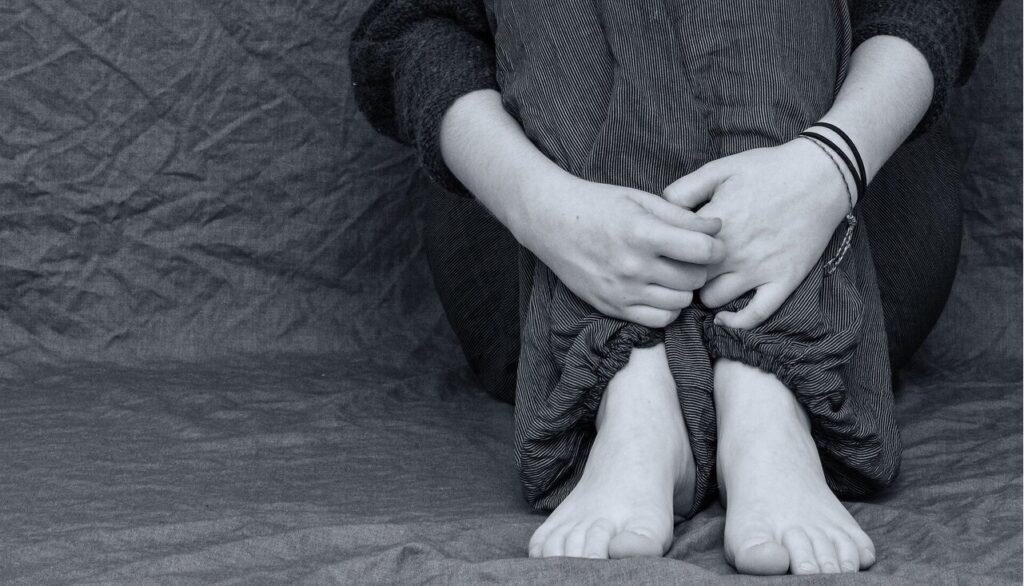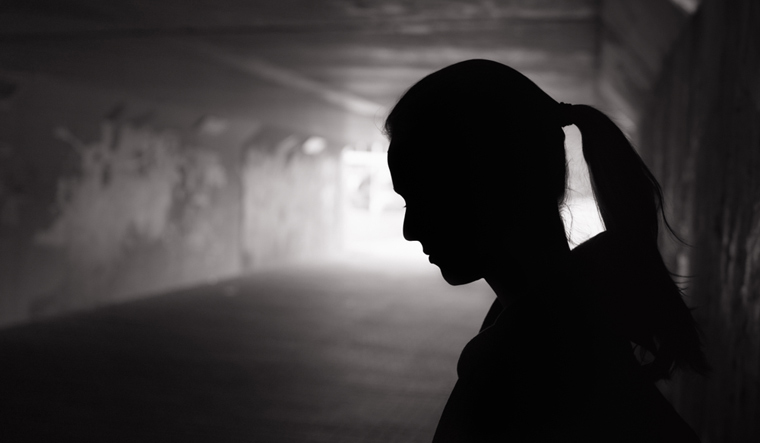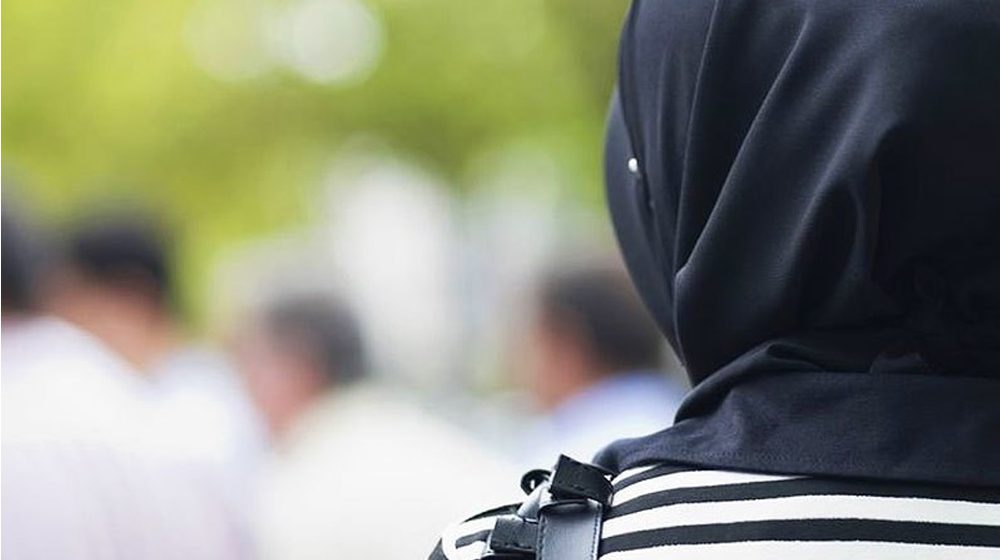Street harassment is a pervasive issue in Pakistan that not only affects women’s safety but also limits their mobility and freedom to participate in public life. This type of harassment, which includes verbal and physical abuse, can make women feel unsafe and uncomfortable, and can restrict their ability to access opportunities and resources. Street harassment is not only a physical problem, but also a psychological one. it can lead to feelings of insecurity, isolation and low self-esteem. Moreover, it can make women feel like they are not welcome in public spaces, which can have a detrimental impact on their overall well-being.
Street harassment is a reflection of the deeply ingrained patriarchal norms and attitudes that prevail in Pakistani society. Women are often seen as objects of men’s desire and are expected to dress modestly and behave in a demure and submissive manner in public. This attitude is reinforced by cultural and religious traditions, as well as by laws and policies that discriminate against women. The lack of legal protections and the lack of effective enforcement of existing laws further exacerbate the problem. As a result, women are often left to fend for themselves and find ways to cope with the daily harassment they face on the streets.
How Harassment Affects Women’s Mobility & Safety:
The World Health Organization (WHO) defines street harassment as unwanted behaviors and actions by strangers in public places, that are targeted at a person because of their gender, and can include verbal or physical harassment. According to a study by the Thomson Reuters Foundation, Pakistan is the third most dangerous country in the world for women, and street harassment is one of the major contributing factors to this ranking.
Street harassment can take many forms, including catcalling, leering, and physical harassment. Women are often subject to these behaviors while walking on the streets, using public transportation, and going about their daily lives. This harassment can make women feel unsafe and uncomfortable, and can limit their ability to move freely in public spaces. According to a survey conducted by the Aurat Foundation, a non-profit organization working for women’s rights in Pakistan, 97% of Pakistani women have experienced some form of street harassment.
The impact of street harassment on women’s mobility and safety is significant. Women who experience street harassment often feel scared and vulnerable and may avoid certain areas or situations, or choose to stay indoors. This can limit their freedom of movement and restrict their access to opportunities and resources. For example, a study by the Centre for Progressive Research and Learning (CPRL) found that 61% of women in Pakistan avoid public transportation because of the harassment they experience on buses and trains. This can also limit their access to education and employment opportunities, as well as healthcare and other essential services.
Street harassment can also have a negative impact on women’s mental and physical health. According to a study by the International Centre for Diarrhoeal Disease Research, Bangladesh (ICDDR,B), women who experience street harassment are more likely to suffer from anxiety, depression, and post-traumatic stress disorder (PTSD). They may also experience physical symptoms such as headaches, stomach problems, and sleep disturbances.
The problem of street harassment is particularly acute in urban areas, where women are more likely to be out and about on their own, and where public spaces are often poorly lit and poorly policed. According to a report by the Human Rights Commission of Pakistan, women in urban areas are more likely to experience street harassment than those in rural areas. Furthermore, a study by the Aurat Foundation found that women who live in low-income neighborhoods are more likely to experience harassment than those who live in more affluent neighborhoods.
Street harassment is a reflection of the deeply ingrained patriarchal norms and attitudes that prevail in Pakistani society. Women are often seen as objects of men’s desire and are expected to dress modestly and behave in a demure and submissive manner in public. This attitude is reinforced by cultural and religious traditions, as well as by laws and policies that discriminate against women. The lack of legal protections and the lack of effective enforcement of existing laws further exacerbate the problem. As a result, women are often left to fend for themselves and find ways to cope with the daily harassment they face on the streets.
In order to address the problem of street harassment and its impact on women’s mobility and safety in Pakistan, there is a need for a multi-faceted approach that includes legal and policy reforms as well as grassroots movements and activism. Some of the key steps that can be taken include:
- Developing and enforcing laws and policies to address street harassment and protect women’s rights
- Adding more women to the police force and giving them special training to handle cases of street harassment
- Improving the lighting and security in public spaces
- Providing women with self-defense training
- Raising awareness about the issue of street harassment and its impact
In order to combat street harassment, it is crucial to raise awareness about the issue and to provide support and resources for women who have experienced harassment. This can include providing self-defense training, increasing the number of women police officers, and implementing laws and policies that protect women’s rights. Furthermore, it is important to work towards changing societal attitudes and cultural norms that perpetuate harassment. Only by taking a multi-faceted approach, we can create a safer and more inclusive environment for women in Pakistan.
Muhammad Usman Awan is a Blogger and Social Entrepreneur who founded first Anti Harassment Awareness Campaign “Stop Harassment Now”. The Purpose of this campaign is to empower and educate our Girls and Working Women against Harassment.




